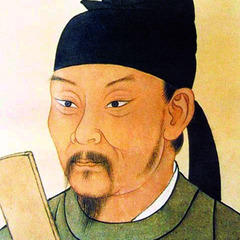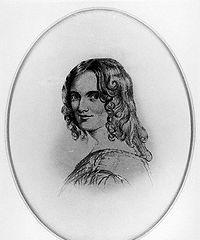Samuel Taylor Coleridge Quotes about Genius
Genius of the highest kind implies an unusual intensity of the modifying power.
Samuel Taylor Coleridge, William Greenough Thayer Shedd (1854). “The Complete Works of Samuel Taylor Coleridge: With an Introductory Essay Upon His Philosophical and Theological Opinions”, p.446
Samuel Taylor Coleridge (2015). “The Complete Works of Samuel Taylor Coleridge: Poetry, Plays, Literary Essays, Lectures, Autobiography and Letters (Classic Illustrated Edition): The Entire Opus of the English poet, literary critic and philosopher, including The Rime of the Ancient Mariner, Kubla Khan, Christabel, Lyrical Ballads, Conversation Poems and Biographia Literaria”, p.2033, e-artnow
Samuel Taylor Coleridge, James MARSH (D.D.) (1829). “Aids to reflection, in the formation of a manly character ... illustrated by select passages ... especially from Archbishop Leighton ... First American, from the first London edition ... Together with a preliminary essay, and additional notes, by James Marsh”, p.1
Samuel Taylor Coleridge (2015). “The Complete Works of Samuel Taylor Coleridge: Poetry, Plays, Literary Essays, Lectures, Autobiography and Letters (Classic Illustrated Edition): The Entire Opus of the English poet, literary critic and philosopher, including The Rime of the Ancient Mariner, Kubla Khan, Christabel, Lyrical Ballads, Conversation Poems and Biographia Literaria”, p.2860, e-artnow
Samuel Taylor Coleridge, Henry Nelson Coleridge (1851). “Specimens of the Table Talk of Samuel Taylor Coleridge”, p.297







